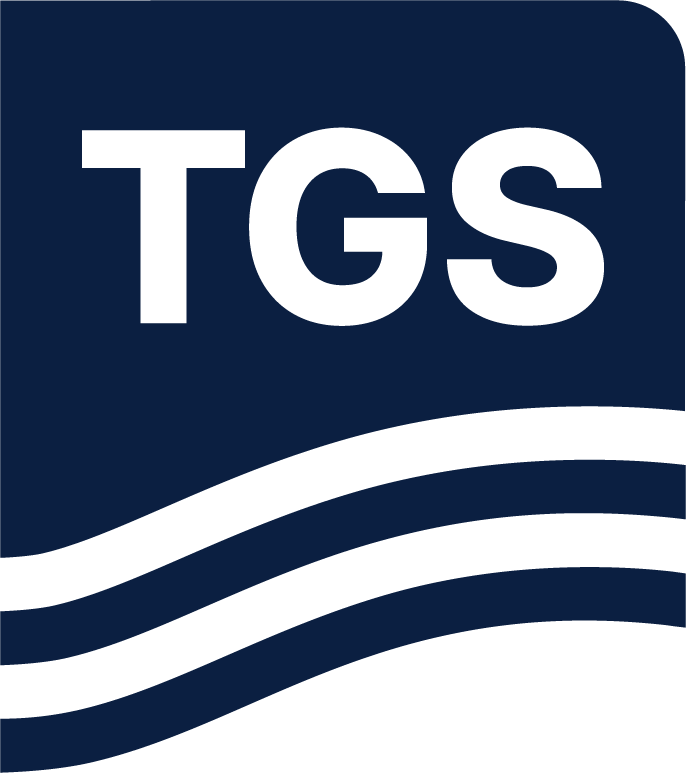First Published: Wind Energy Network, March 2023
While Europe is going through an energy crisis triggered by the Russia-Ukraine war, the African continent can be a reliable partner to secure energy for its needs – the reliance on Africa will make more sense if we relate it to history and learn our lessons from there.
Energy Crisis in 1973 and 2022
By the early 1970s, 83% of America’s oil imports came from the Middle East. In the oil embargo of 1973-74, the OPEC nations reduced oil production by 5%, resulting in skyrocketing energy prices and a fuel shortage in the West, particularly the United States. During the embargo, US oil imports from the Middle East fell by nearly half, and the price of oil quadrupled over the next few years.
On the one hand, the embargo exacerbated energy supplies and increased inflation; on the other hand, it helped the US move away from energy reliance on OPEC countries by bolstering domestic oil production and establishing strategic petroleum reserves to stockpile emergency supplies.
Recent Energy Crisis
Around 50 years later, an almost similar situation is occurring in Europe, which is immensely dependent on Russian gas supplies. In 2021, the EU imported approximately 83% of natural gas, 45% of which came from Russia. Following the eruption of the Russia-Ukraine war and Russian supply cut-offs to Europe, average gas costs surged to 177% in Europe in 2022, compared to 2020.
Europe is buying Russian oil indirectly from India, resulting in higher energy prices across Europe. The United Kingdom is one of the few markets not affected by Russian energy cuts because it gets most of its gas from Norway, but energy shortages in neighbouring countries still impact it.
Lessons Learnt
The most important lesson to derive from the 1973 energy crisis is the need for diversity of supply and increased domestic production. The current crisis is even more severe due to the accelerating challenges posed by climate change. The EU has pledged to reduce greenhouse gas emissions by more than half of 1990 levels by 2030 and to achieve carbon neutrality by 2050.
However, it has been feared that the Russian war will slow Europe’s transition to renewable energy through increased use of coal due to energy shortage. To achieve its climate targets and fulfil its growing energy needs, Europe’s renewable energy development needs to be accelerated and much more extensively than at present.
In addition, Europe needs to collaborate with other regions like Africa, where there are immense untapped renewable energy resources like solar and wind.
<continued>
Download the full article using the link at the top of this page.

